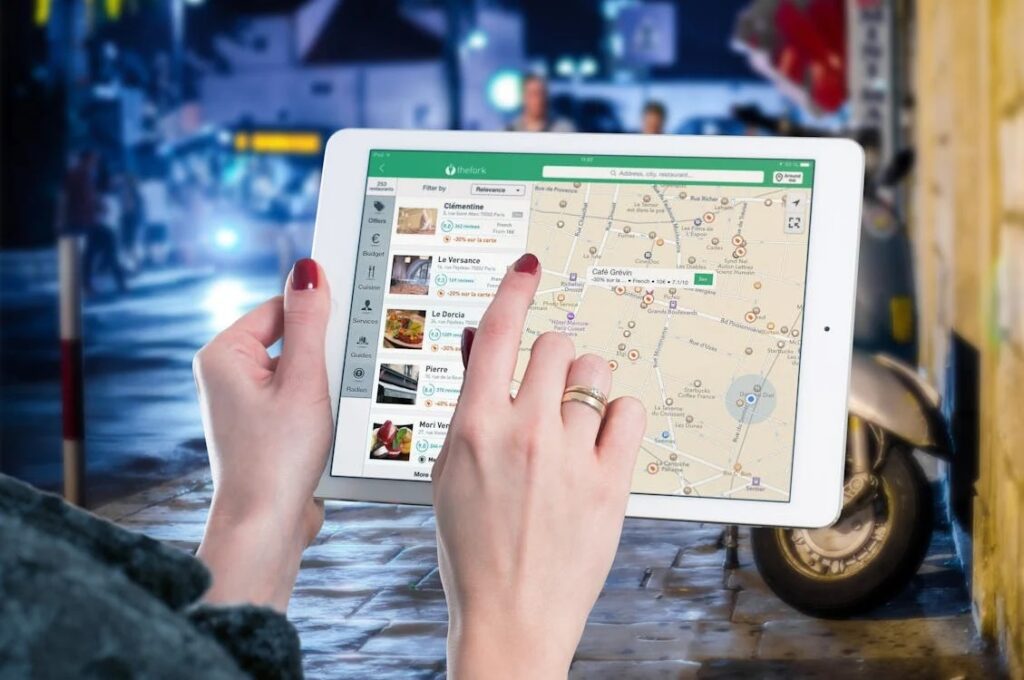In recent years, car tracking technology has made significant strides, evolving from simple GPS-based systems to sophisticated solutions integrating artificial intelligence, big data, and the Internet of Things (IoT). As we look to the future, several emerging trends and innovations promise to revolutionize how we monitor and manage vehicles. Here’s a glimpse into what the future holds for car tracking technology.
1. Advanced GPS and GNSS Technology
While GPS has been the cornerstone of car tracking for decades, the future will see advancements in Global Navigation Satellite Systems (GNSS), which include other satellite constellations like GLONASS, Galileo, and BeiDou. These systems will offer increased accuracy and reliability, ensuring pinpoint location tracking even in challenging environments such as urban canyons and dense forests.
2. Artificial Intelligence and Machine Learning
AI and machine learning are set to transform car tracking by enabling predictive analytics and smart decision-making. These technologies can analyze vast amounts of data from various sensors to predict vehicle maintenance needs, optimize routes in real-time, and enhance driver safety. For instance, AI can alert drivers about potential hazards or suggest alternative routes to avoid traffic congestion.
3. Integration with IoT Devices
The proliferation of IoT devices will lead to a more interconnected and intelligent vehicle ecosystem. Future car tracking systems will integrate with various IoT sensors embedded in vehicles, providing real-time data on vehicle health, driver behavior, and environmental conditions. This interconnectedness will allow for seamless communication between vehicles, infrastructure, and traffic management systems, leading to improved traffic flow and reduced accidents.
4. Blockchain for Enhanced Security
Blockchain technology is poised to enhance the security and transparency of car tracking systems. By using decentralized ledgers, blockchain can ensure that data related to vehicle tracking is tamper-proof and verifiable. This will be particularly useful in fleet management, where verifying the authenticity of tracking data is crucial for operational efficiency and regulatory compliance.
5. 5G Connectivity
The rollout of 5G networks will be a game-changer for car tracking technology. With its high-speed, low-latency capabilities, 5G will enable real-time data transmission between vehicles and tracking systems. This will facilitate advanced features like real-time video monitoring, instant alerts for unauthorized vehicle movements, and enhanced navigation services.
6. Augmented Reality (AR) Dashboards
AR technology will enhance the way drivers interact with car tracking systems. Future dashboards equipped with AR can overlay real-time tracking information directly onto the windshield, providing drivers with intuitive and hands-free access to critical data. This could include navigation directions, traffic updates, and alerts about nearby points of interest or hazards.
7. Enhanced Fleet Management Solutions
For businesses managing large fleets, the future of car tracking technology promises even greater efficiency and cost savings. Advanced fleet management solutions will offer comprehensive insights into vehicle utilization, driver performance, and fuel consumption. These systems will use AI to optimize routes, schedule maintenance, and even predict future trends in vehicle usage, helping businesses make informed decisions and reduce operational costs.
8. Environmental Monitoring and Sustainability
As environmental concerns become increasingly important, car-tracking technology will play a vital role in promoting sustainability. Future systems will monitor emissions in real time, helping to identify areas where vehicles can reduce their environmental impact. Additionally, they will support the transition to electric vehicles (EVs) by providing detailed data on battery health, charging station locations, and energy consumption patterns.
Conclusion
The future of car tracking technology is incredibly promising, with innovations that will enhance safety, efficiency, and sustainability. As these technologies continue to evolve, they will provide unprecedented levels of insight and control over vehicle operations, transforming the way we drive and manage our vehicles. For businesses and individuals alike, staying abreast of these trends will be essential to leveraging the full potential of car-tracking technology in the years to come.


